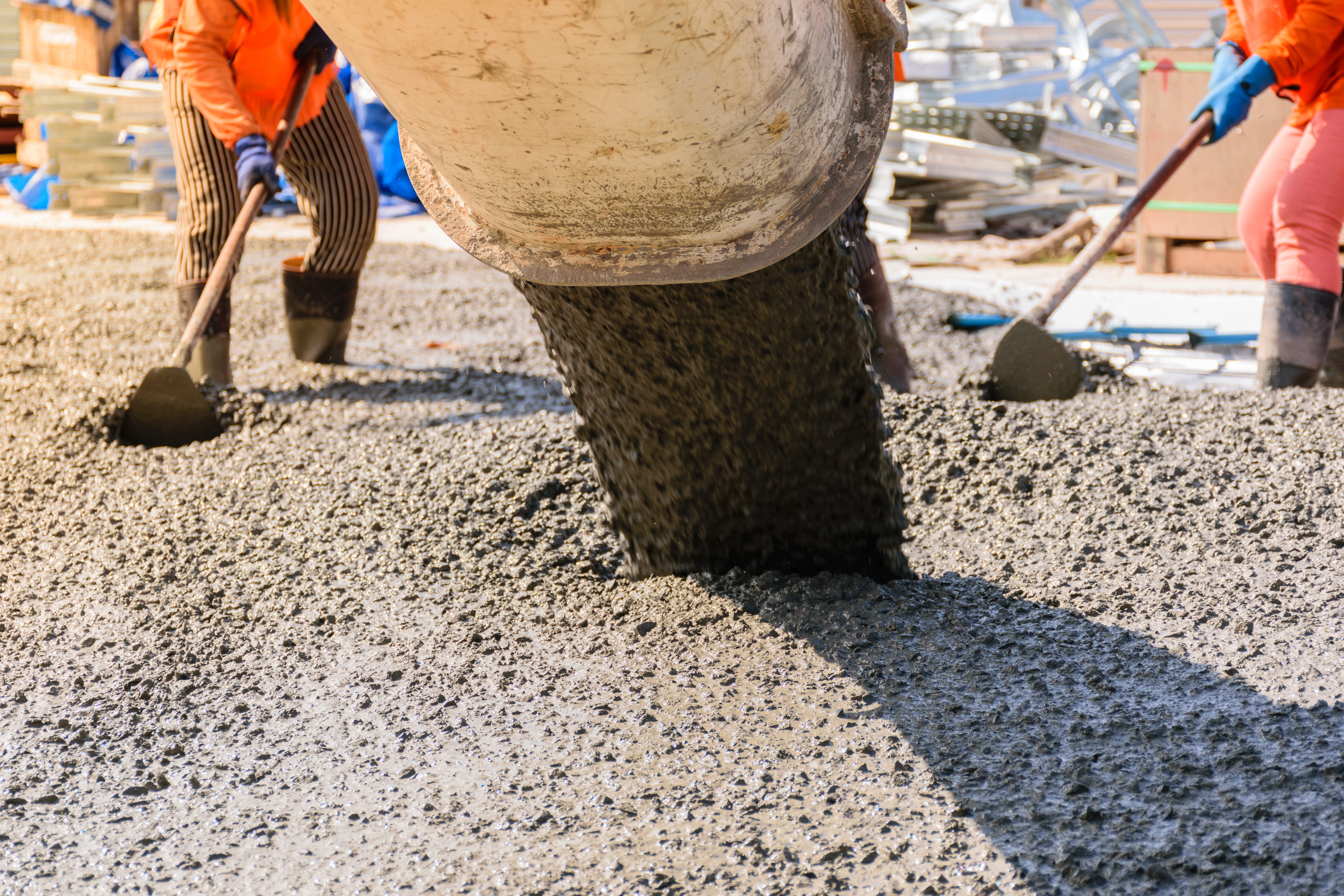Sectors and products
Find the right solution for your needs

Market Sectors
Master Builders Solutions provides solutions for a large number of construction market sectors in the USA. Below is a list of the industries where our portfolio is designed to assist you.
Masonry & Hardscape
Solutions for Concrete Pavers, Segmental Retaining Walls and CMUs
Mining & Tunneling
Innovative Solutions for Mining Operations and Tunnels
Precast & Prestressed
Performance and Durability Enhancing Precast Solutions
Ready Mix Concrete
For Residential, Commercial & Industrial Projects

All Products in USA & Canada
Browse the full list of products
Master X-Seed
Strength-Enhancing Admixtures
MasterAir
Solutions for Air-Entrained Concrete
MasterCast
Solutions for Masonry & Hardscape Products
MasterCell
Foaming Agents for Producing Controlled Low Strength Concrete (CLSM) and Flowable Fill
MasterColor
Color and Finish Enhancing Concrete Admixtures
MasterEase
Solutions for Concrete Handling Challenges
MasterFiber
Reinforcement Solutions For Enhanced Concrete Durability
MasterFinish
Superior Concrete Surface and Finish-Enhancing Admixtures and Form Release Agents
MasterGlenium
High-Range, Water-Reducing Concrete Admixtures
MasterKure
Curing Agents for Concrete
MasterLife
Durability Enhancing Concrete Admixtures
MasterMatrix
Solutions for Viscosity and Rheology Control
MasterPel
Solutions for Water-Repellency and Efflorescence Control
MasterPolyheed
Mid-Range Water Reducers
MasterPozzolith
Water-Reducers, Normal
MasterRheobuild
High-Range Water Reducers
MasterRoc
Solutions for Underground Construction
MasterSet
Solutions for Retarding and Accelerating Set Control
MasterSuna
Solutions for Returned Concrete and Clay-Blocking
MasterSure
Admixtures for Air-Detraining & Admixtures for Retaining Workability
Contact us



